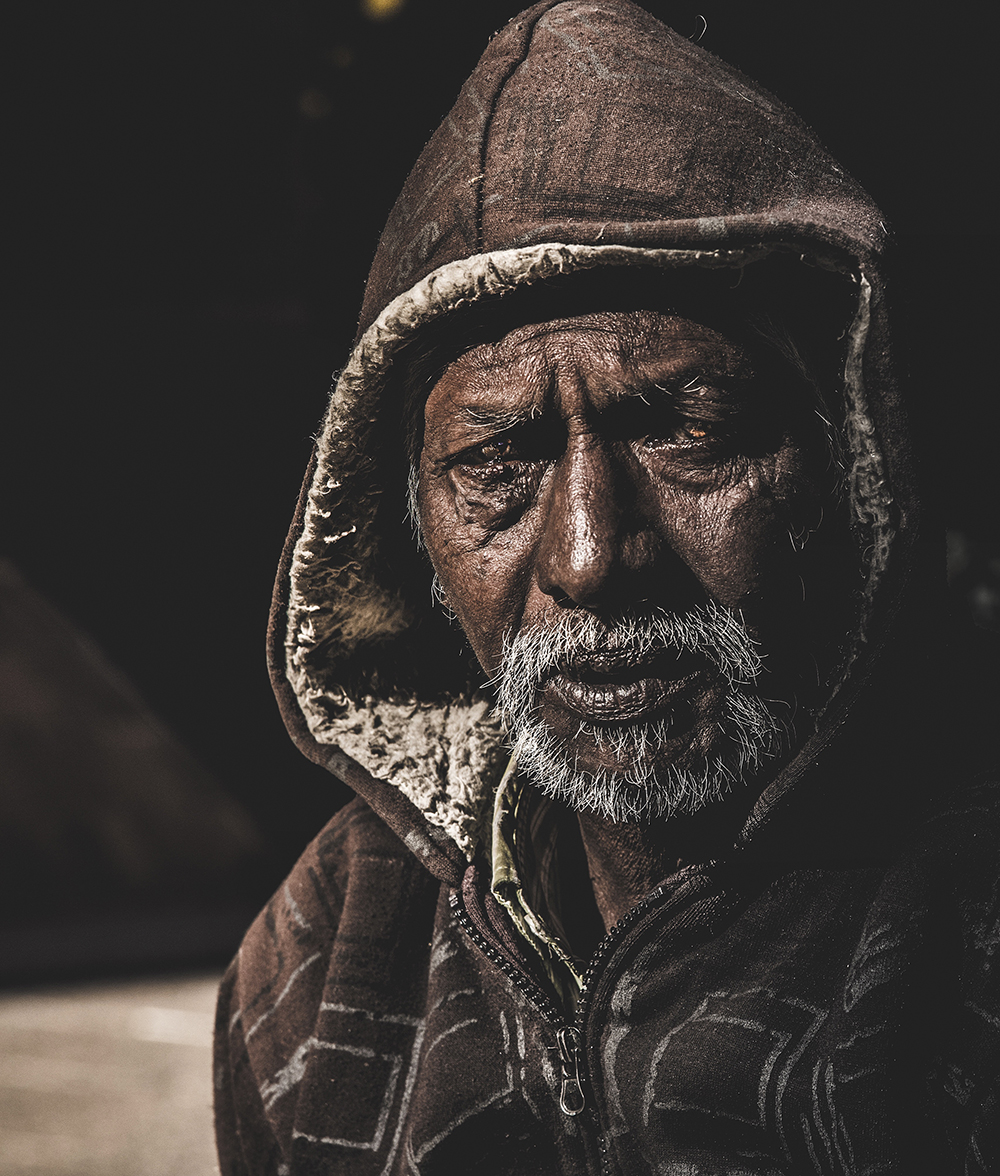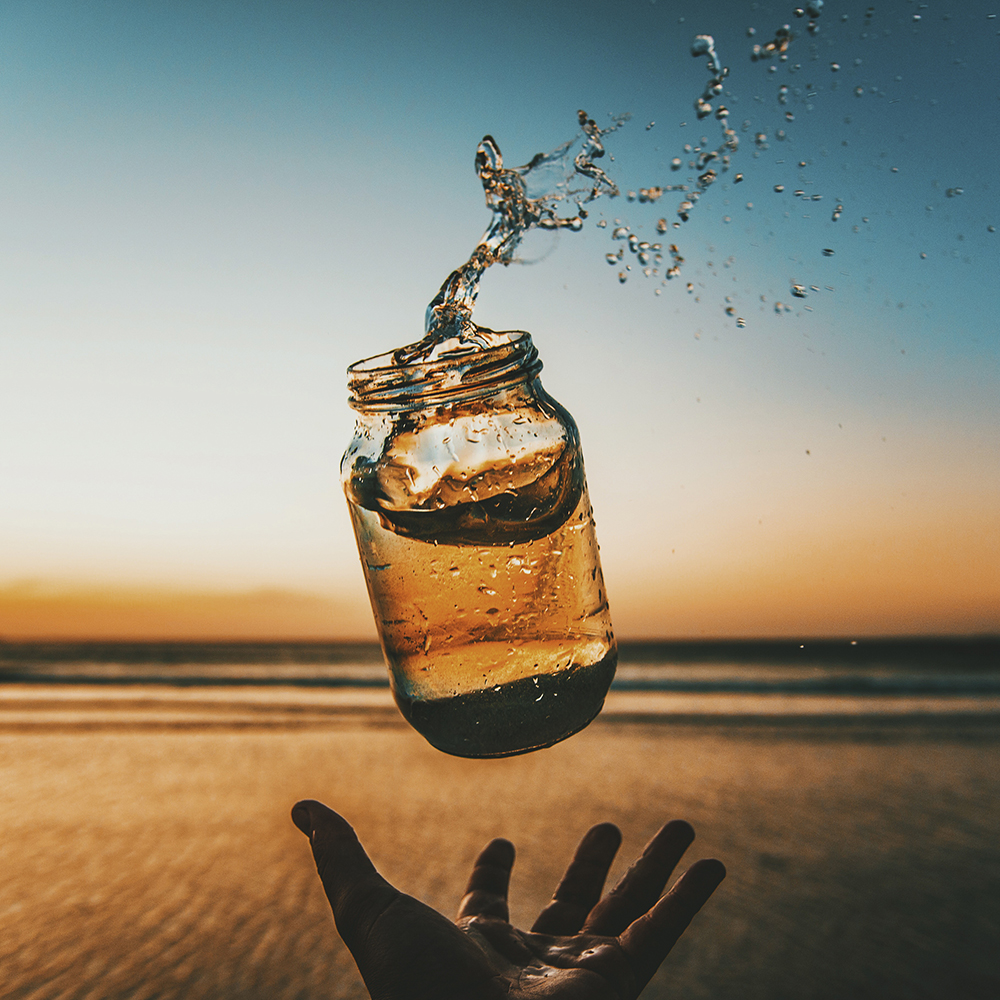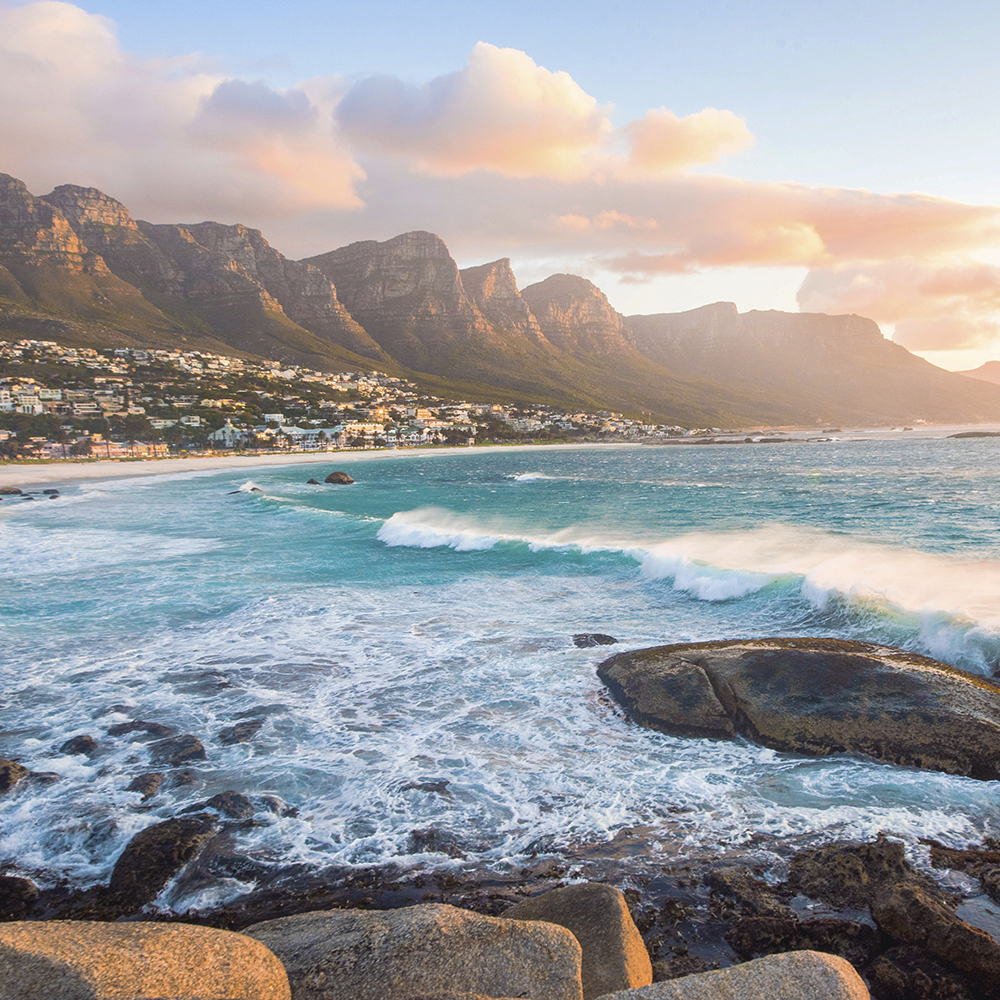Craig Howes (30) is arguably one of South Africa’s most well-known Instagrammers. With about 219 000 followers on his personal account and thousands more on his other photography profiles, he has quietly taken the Instagram app by storm.
Being a recognised figure on the platform has come with criticism, particularly on his City of Cape Town account, a profile on which debates about representations of the Mother City have been sparked.
The increasing corporate presence on the popular social networking site has added to the pressure.
Who is Craig Howes when he’s not on Instagram?
I work at a bank. I run a financial risk portfolio. My favourite thing about photography is being able to get out of work and have a good motivation to go somewhere cool.
Is your City of Cape Town account managed in collaboration with the city?
No. I’ve thought about contacting them, but then I’m bound to do what they want to post, whereas now I’m free to use what I want. I’m not pressured to put up anything that they think is politically important.
For instance, we covered quite a bit of #RhodesMustFall on the City of Cape Town account and if it was run by the government you would be under pressure on what you could and couldn’t say.
Your City of Cape Town account has had some criticism from people who say it’s not a true reflection of the city – that it only shows Cape Town’s good side. How do you respond to that?
At the end of the day, everyone has their own style and version of what they want to see. I want to inspire people to come to Cape Town, to make them want to go out and explore. A lot of the pictures there are mine, but it’s also content sourced from the community.

I try to stay out of the politics a little bit, but [in] certain areas, I feel it’s important to show what’s happening. I run the account, so I have full control over what goes up. But I try to keep it neutral. For example, the shack fire in Hout Bay happened right before or after the Paris attacks. What happened in Paris was terrible, but you’ve got a situation where about 250 homes were burnt down and nobody really knew about it.
What politics do you have to deal with as a big Instagrammer?
Before Instagram, I never had enemies. When Instagram was small, people got together and took pictures because they wanted to. Now, everyone’s trying to make business.
I’ve been accused of buying followers, of stealing photos. A lot of brands see your following and want to work with you. That’s the problem – brands give the biggest jobs to the people they think will influence the most. Either you have to get more followers or discredit people to get jobs. It’s completely changed Instagram.
How do you maintain a photo’s integrity with all the editing that goes into Instagram uploads?
I’ve had a lot of arguments with professional photographers and purists, but Instagram is a creative platform. I’m not against adding something to a picture that’s not there or mixing two pictures together. I enjoy the fantasy of Instagram. Ninety percent of my pictures are real as they are – I might change the colours a bit, because I like playing with colours and tones – but every now and then I’ll throw in a picture where no one knows if it’s real or not.

I put a picture of the Milky Way over Chapman’s Peak one day; both pictures were mine, but I had a lot of professional photographers who were very upset about it. For me, it’s beautiful. I want to see the Milky Way over Chapman’s Peak, so I’m going to put it there.
Plagiarism is an Instagram problem. Has it happened to you?
It happens every day. The thing is, you’re putting your photos on Instagram for the world to see. There’s going to be people all over the world who use your photos. It used to bother me before, but a lot of the time it’s a kid halfway around the world who just likes the picture, and that’s not too serious. I have had issues lately of big tourism companies in Cape Town taking my pictures and putting them on their website or on social media, without credit or pay. I know how hard it is for photographers to work and the effort that goes into pictures, and when someone takes your picture for commercial use without payment or credit, I feel very strongly against it.
How has Instagram changed from being a purely cellphone-based photography app to a place for professional photography?
I use a Nikon D750. A year and a half ago, people considered guys shooting with digital single-lens reflex cameras as cheating, because Instagram was a mobile network.

I shot with my iPhone for about two years, but there are so many good photographers on Instagram now. They’re all shooting with professional cameras, so if you want to keep at that level you have to evolve.
When I started, it was all about Instagram, but Instagram will come and go. Photography will last forever.